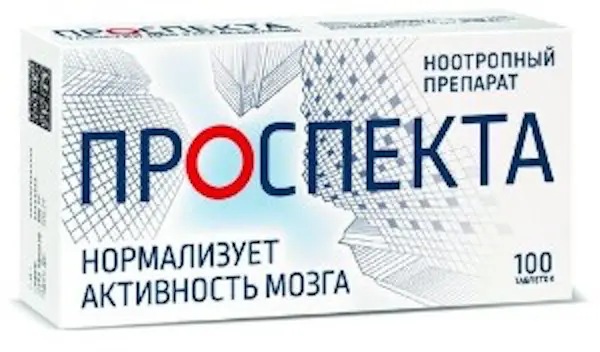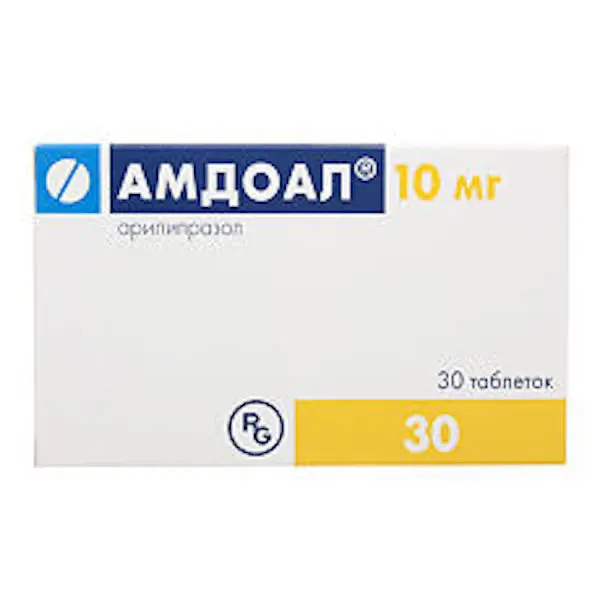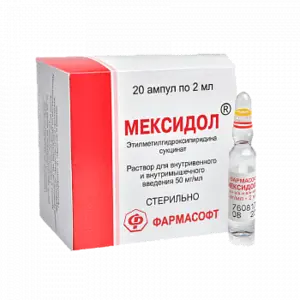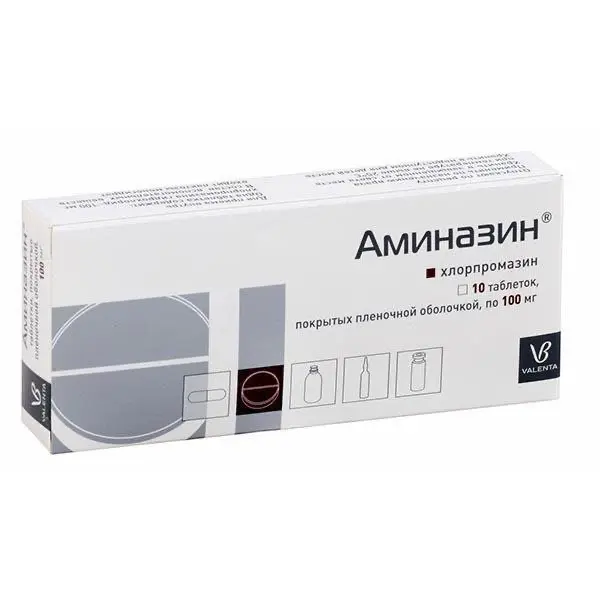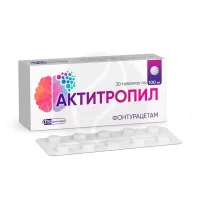Description
Prospect Pharmacodynamics
By modifying the functional activity of brain-specific protein S-100, the drug improves integrative activity of the brain at all levels of organization of neuronal systems (cellular, intercellular, structural and systemic).
S-100 protein is widely represented in the CNS and belongs to the family of Ca2+-binding proteins. The protein regulates the following fundamental processes in the brain: nerve impulse generation and conduction, synaptic signal transmission; stimulation of neuronal differentiation and proliferation; at the systemic level, S-100 protein modifies the ratio of activation and inhibition processes, positively influencing the integrative activity of the brain. Due to this, S-100 has nootropic, neuroprotective and neurotrophic effects.
It has been experimentally shown that the drug:
– exhibits nootropic activity by improving memory trace formation on a model of amnesia conditioned reflex; compensating for age-related weakening of short-term memory mechanisms; and enhancing long-term synaptic plasticity (the basis of cellular mechanisms of memory and learning);
– normalizes emotional state and behavior in animals (decreases somatovetic manifestations of stress, restores locomotor activity).
The drug has also been shown to have neuroprotective and neuroreparative effects: it increases resistance of brain tissues to hypoxia and toxic effects, has membrane stabilizing, antioxidant effects. In the post-stroke or post-traumatic period, it mobilizes intracellular functionally conjugated with protein S-100 compensatory reserves of damaged and healthy neurons, as well as glial cells located in the damaged area. It has a moderately pronounced anxiolytic effect (eliminates anxiety).
By changing the bioelectrical activity of the brain it can influence the structure of sleep.
Mechanism of action
Studies on the membranes of cells expressing human GABA, serotonin and dopamine receptors (GABA-B1A/B2, 5-HT2B, 5-HT2C, 5-HT3 and D3, respectively) have shown that the drug increases the number of “ligand-receptor” complexes, i.e. it can affect both inhibitory and activating neurotransmitter systems. By normalizing the balance of the levels of the main neurotransmitters, the drug supports the integrative activity of the brain.
Changes in spectral power of bioelectrical activity of the large hemisphere cortex, hippocampus and hypothalamus under the action of Prospectin have been experimentally demonstrated.
The nootropic effect of the drug was proved in a clinical study on the treatment of patients in the early recovery period of ischemic stroke. Improvement of patients’ cognitive functions was shown according to the Montreal Cognitive Assessment Scale (MoCA), which assesses various cognitive areas (attention and concentration, executive functions, memory, language, visual-constructive skills, abstract thinking, counting and orientation). There was a recovery in activities of daily living on the Barthel scale, which assesses areas of activity such as the ability to eat, self-care including showering and dressing, physiological activities (stool, urination), ability to move (from bed to chair and back), mobility on a flat surface and climbing stairs. According to the Stroke Quality of Life Assessment Scale (SS-QOL) test, patients showed improvement in most indicators (speech, vision, thinking, mood, mobility, etc.). Normalization of patients’ behavior and mood was manifested by decreased irritability, increased level of self-care, decreased difficulty in performing daily household chores, and increased social role in the family.
Indications
Prospecta drug is indicated for use in adults
Cognitive disorders of various origins, including after acute stroke.
Contraindications
Increased individual sensitivity to the drug components. Childhood under 18 years of age.
Lactase deficiency, lactose intolerance, glucose-galactose malabsorption.
Administration during pregnancy and breast-feeding.
The safety of using Prospecta in pregnant women and during breast-feeding period has not been studied. If it is necessary to administer the drug, the risk/benefit ratio should be taken into account.
Directions for use and dosages
- Riska is not intended to divide the tablet into parts.
- Orally. At one reception – 2 tablets (keep in the mouth until completely dissolved – not with meals). Take 2 times a day. Course of treatment – 6 months, if necessary, the treatment can be repeated after 1-2 months.
- If there is no improvement in the condition within 4 weeks after the start of treatment, it is necessary to consult a doctor.

